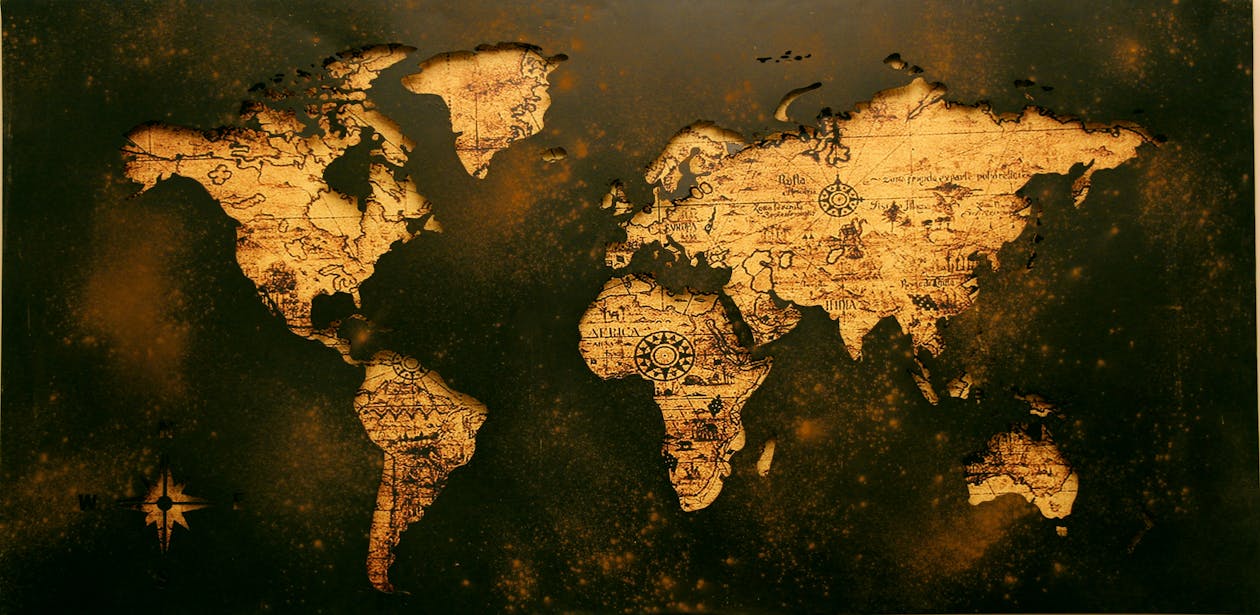This course traces the history of Canada, with a focus on the evolution of our national identity and culture as well as the identity and culture of various groups that make up Canada. Students will explore various developments and events, both national and international, from precontact to the present, and will examine various communities in Canada and how they have contributed to identity and heritage in Canada. Students will investigate the development of culture and identity, including national identity, in Canada and how and why they have changed throughout the country’s history. They will extend their ability to apply the concepts of historical thinking and the historical inquiry process, including the interpretation and analysis of evidence, as they investigate the people, events, and forces that have shaped Canada.
Prerequisite: Any university or university/college preparation course in Canadian and world studies, English, or social sciences and humanities

- Teacher: Bilous, Vitaliy
- Teacher: Ledrew, Ms. Jessica

This course examines current Canadian and international economic issues, developments, policies, and practices from diverse perspectives. Students will explore the decisions that individuals and institutions, including governments, make in response to economic issues such as globalization, trade agreements, economic inequalities, regulation, and public spending. Students will apply the concepts of economic thinking and the economic inquiry process, as well as economic models and theories, to investigate, and develop informed opinions about, economic trade-offs, growth, and sustainability and related economic issues.
Prerequisite: Any university or university/college preparation course in Canadian and world studies, English, or social sciences and humanities
- Teacher: Bilous, Vitaliy
This course explores social, economic, and political developments and events and their impact on the lives of different individuals, groups, and communities, including First Nations, Métis, and Inuit individuals and communities, in Canada since 1914. Students will examine the role of conflict and cooperation in Canadian society, Canada’s evolving role within the global community, and the impact of various individuals, organizations, and events on identities, citizenship, and heritage in Canada. Students will develop an understanding of some of the political developments and government policies that have had a lasting impact on First Nations, Métis, and Inuit individuals and communities. They will develop their ability to apply the concepts of historical thinking and the historical inquiry process, including the interpretation and analysis of evidence, when investigating key issues and events in Canadian history since 1914.
Prerequisite: None
- Teacher: Bilous, Vitaliy
This course explores rights and responsibilities associated with being an active citizen in a democratic society. Students will explore issues of civic importance and the influence of social media, while developing their understanding of the role of civic engagement and of political processes in the local, national, and/or global community. Students will apply the concepts of political thinking and the political inquiry process to investigate, and express informed opinions about, a range of political issues and developments that are both of significance in today’s world and of personal interest to them. This course also includes learning on digital literacy and critical-thinking skills, the mechanisms of government, Indigenous governance systems and structures, the historical foundations of the rights and freedoms we enjoy in Canada, ways in which government policy affects individuals’ lives and the economy, and ways for students to serve their communities.
Prerequisite: None
- Teacher: Bilous, Vitaliy

This course examines interrelationships within and between Canada’s natural and human
systems and how these systems interconnect with those in other parts of the world. Students
will explore environmental, economic, and social geographic issues relating to topics
such as transportation options, energy choices, and urban development. Students will
apply the concepts of geographic thinking and the geographic inquiry process, including
spatial technologies, to investigate various geographic issues and to develop possible
approaches for making Canada a more sustainable place in which to live.
